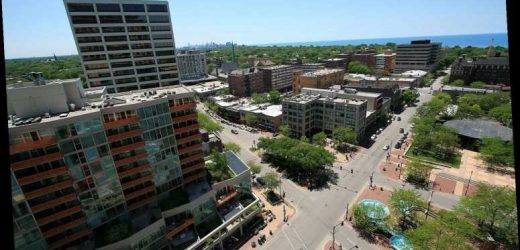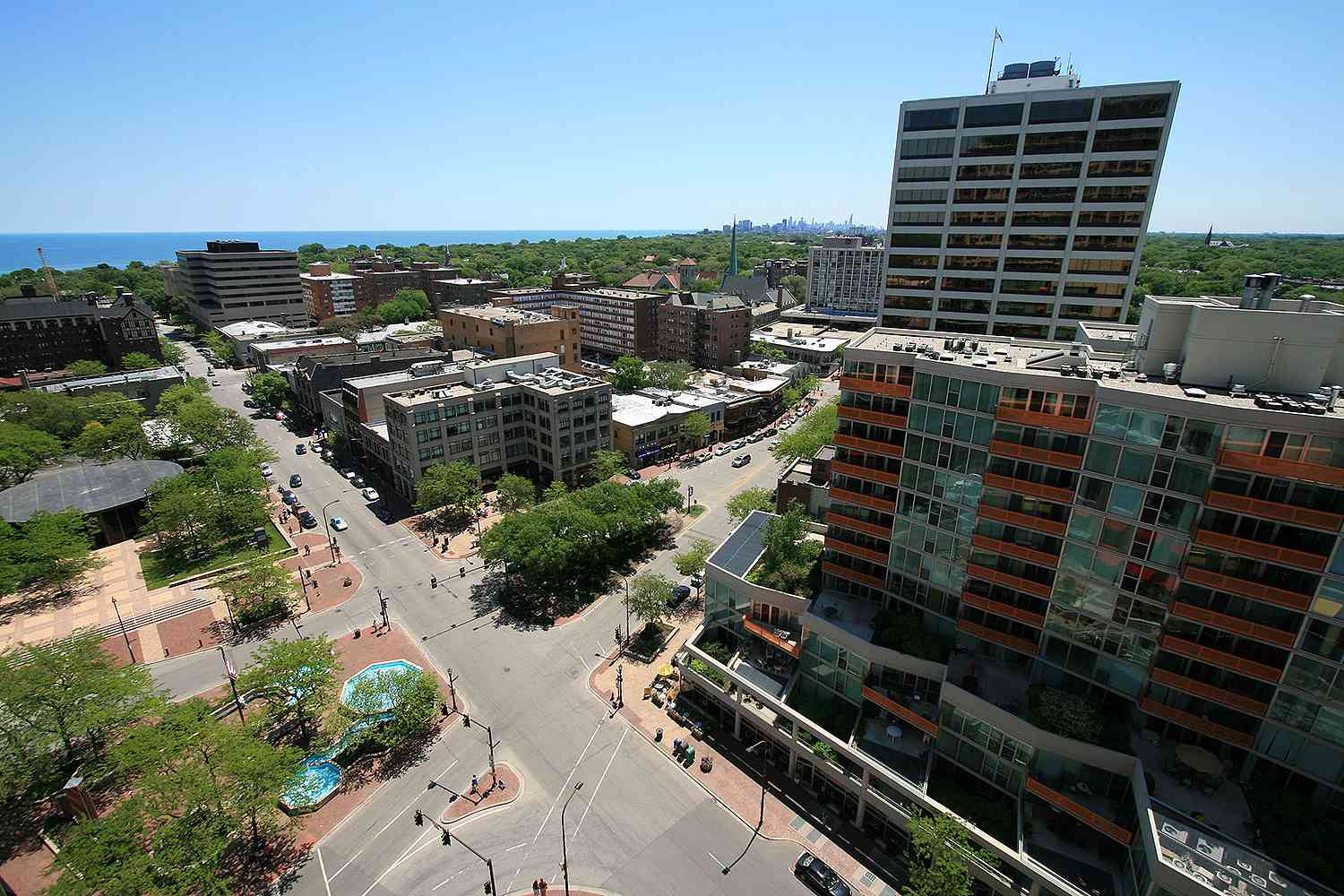Evanston, Illinois, has become the first city in the United States to offer reparations to Black Americans for loss of generational wealth due to slavery.
In an 8-1 vote on Monday, the Evanston City Council approved the authorization of the Local Reparations Restorative Housing Program, which will allow the city to distribute up to $25,000 each to Black residents for housing costs.
The program is aimed at acknowledging "harm caused to Black/African-American Evanston residents due to discriminatory housing policies and practices and inaction on the city's part," according to a draft of the resolution.
Eligible Black residents can receive up to $25,000 to go toward home ownership costs, mortgage assistance or home improvement. Applications for the first round of payments will be made available in mid-summer, the resolution states.
The money is meant to counter the "lack of affordability, lack of access to living-wage careers [in the city] and a lack of sense of place," 5th Ward Alderman Robin Rue Simmons told ABC News during a recent episode of Soul of a Nation.
RELATED: Illinois City to Distribute $25K in Reparations for Black Residents to Use on Housing
Evanston, located just north of Chicago, initially passed the resolution in favor of reparations back in 2019. The Evanston Local Reparations Fund commits the first $10 million of the city's 3 percent tax on legal recreational marijuana sales toward local reparations.
The effort was spearheaded by Simmons, who said she and historian Dino Robinson traced the town's racist history back to the late 19th century.
"The one comment I hear most often is, 'I did not know,' " she told ABC News. "'I did not know there was segregation in Evanston. I did not know that your housing mortgage is higher than mine, but we have the same income.'"
As Simmons explained it, white residents panicked when their increasing Black neighbors created "pockets" around the city.
The city of Evanston, then, took up the practice of marking areas with a large Black population in red ink on a map, according to the Brookings Institute. This served as a signal to mortgage lenders, and in turn, those areas had lower levels of investments compared to the white parts of the city. The practice became known as "redlining."
Later, Black residents in Evanston were moved to what would become known as the 5th Ward, segregating them from the wealthier parts of the city.
RELATED: Teacher's Powerful Black History Month Lesson About Slavery Goes Viral: 'They Didn't Steal Slaves'
"The only option to buy in Evanston was basically in the 5th Ward," Robinson told ABC News. "Banks in Evanston would not loan to Black families for housing [and] the real estate agencies would not show you anything other than the 5th Ward."
Simmons — who was elected in 2017 — said the effects of redlining are still relevant for Evanston residents in 2021, as white people in the city make nearly double the income and have double the home value.
"The historic redlining impacts our community today," she said, per ABC. "That map still is the map of our concentrated Black community, our disinvestment, our inferior infrastructure."
Simmons said she hopes other cities in Illinois and around the country explore similar legislation.
"There is a lifetime of work ahead of me and my children for us to get to justice for the Black community," she said.
"I can't wait to celebrate the family that receives their first reparation benefit," she added. "I cannot wait for that day."
Source: Read Full Article



